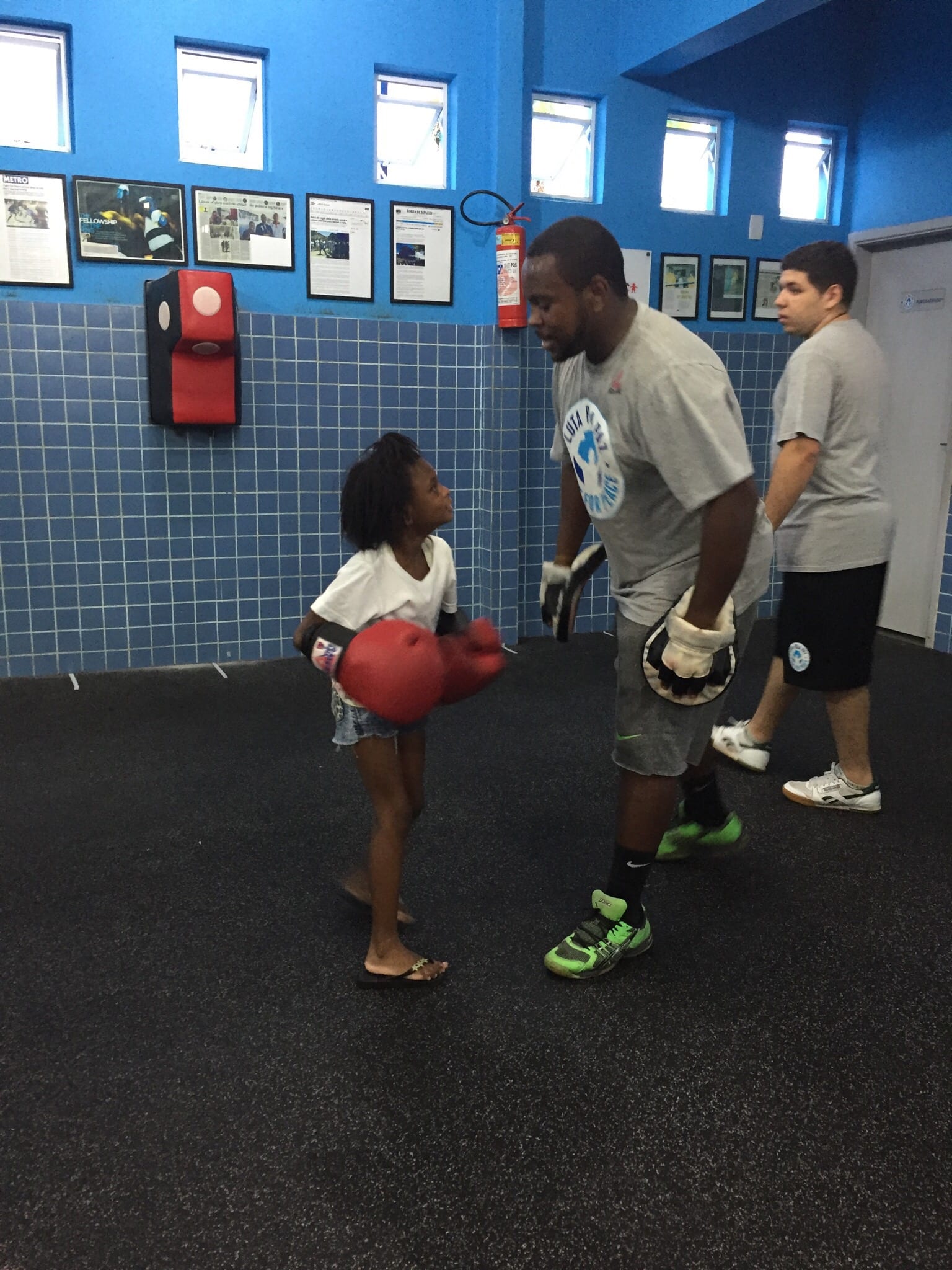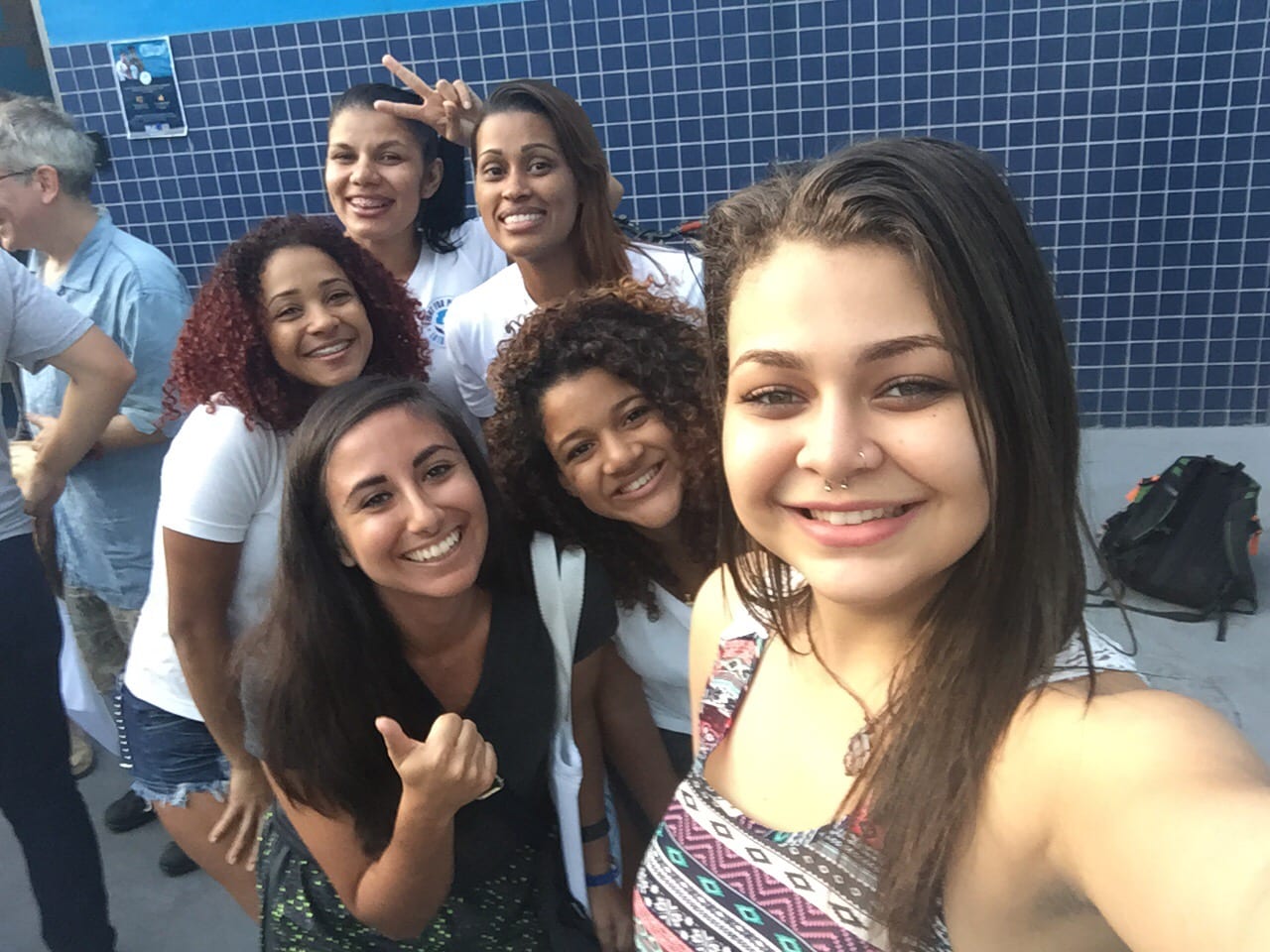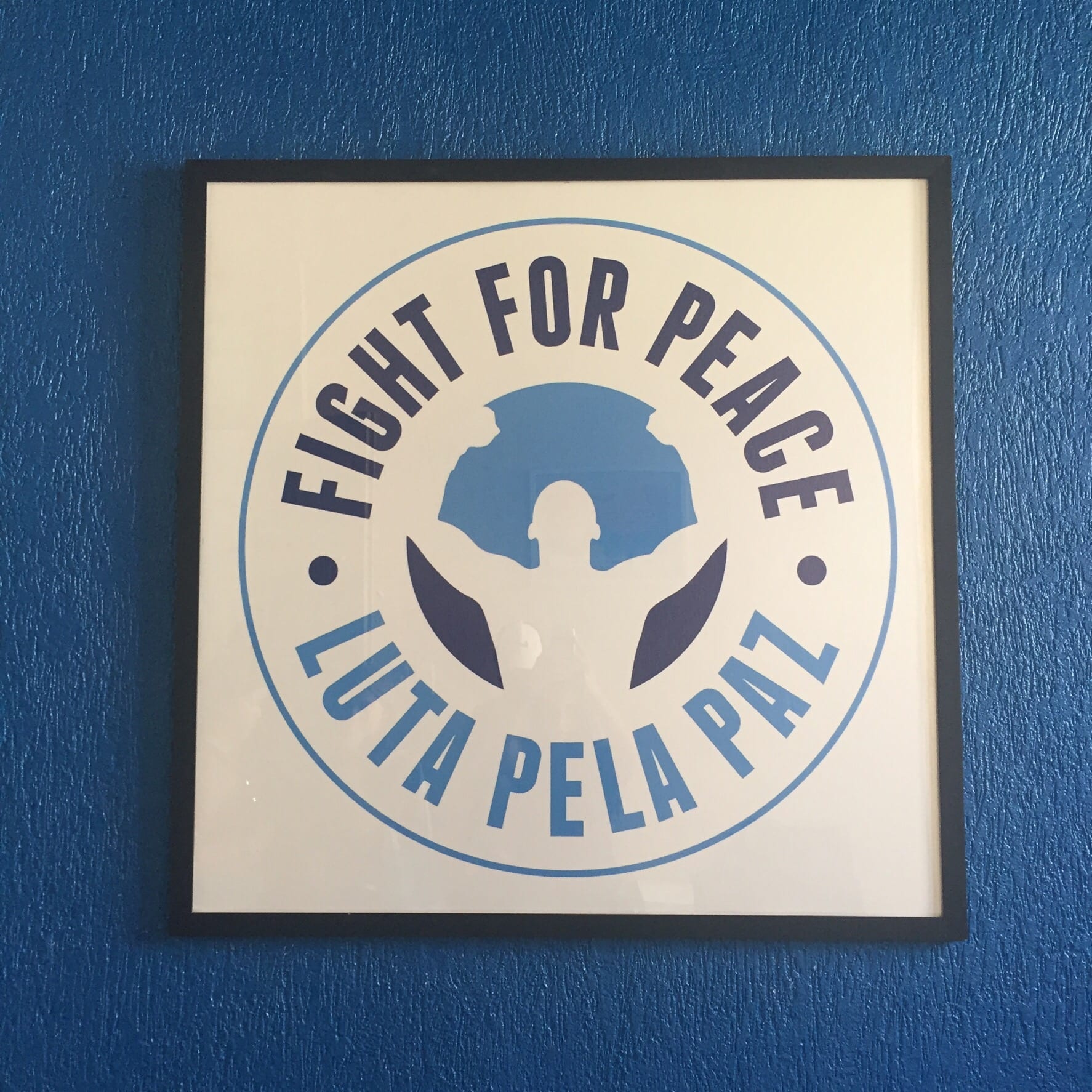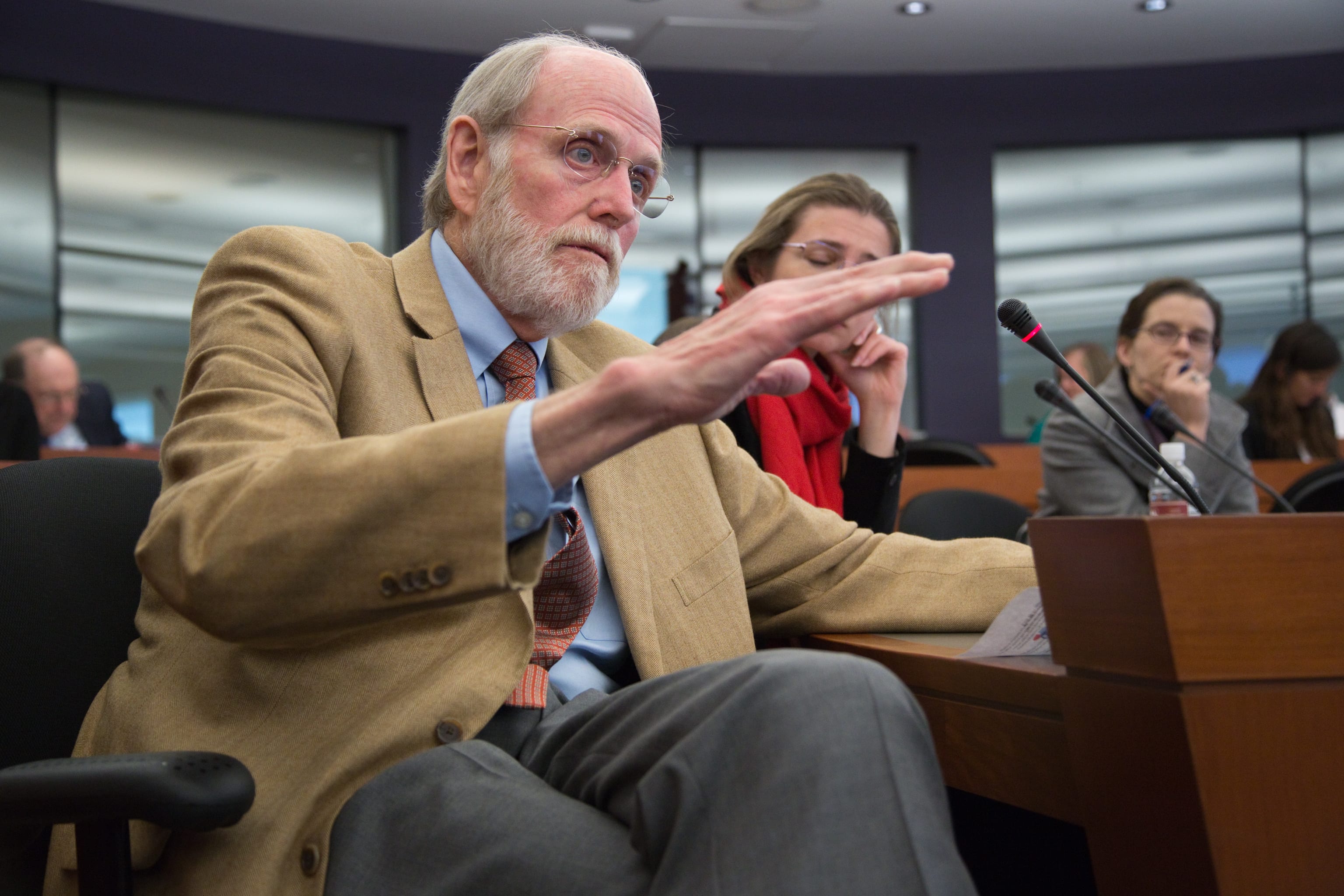GW School of Media and Public Affairs and Georgetown Adjunct Assistant Professor Bruce Gregory compiles an annotated bibliography of Public Diplomacy-related readings and other resources. Intended for teachers of public diplomacy and related courses, here is an update on resources that may be of general interest. Bruce Gregory Suggestions for future updates are welcome and should be directed to Bruce Gregory at BGregory@gwu.edu.
Read the full archive for Bruce Gregory’s Public Diplomacy Resources.
Intended for teachers of public diplomacy and related courses, here is an update on resources that may be of general interest. Suggestions for future updates are welcome.
Christina Archetti, Understanding Terrorism in the Age of Global Media: A Communication Approach, (Palgrave Macmillan, 2013). In a book that challenges conventional approaches to understanding the role of the media in terrorism studies, Archetti (University of Salford, UK) offers a new framework to explain ways “in which terrorism is socially constructed through communication.” Her book includes four areas of inquiry: (1) the role of communication, “more or less mediated by technologies,” in mobilizing terrorist groups in geographic and virtual contexts; (2) multidisciplinary perspectives on the relationship between terrorism and communication; (3) analysis of perceptions and stories that explain the way social actors mobilize and pursue political change; and (4) an understanding of the ways social networks affect scholarship and the need for greater self-awareness by researchers in the field.
G. R. Berridge, “A Weak Diplomatic Hybrid: U.S. Special Mission Benghazi, 2011-12,” January 2013. Berridge (Emeritus Professor, University of Leicester) provides a useful analysis of the history and confused character of the US Special Mission in Benghazi, reasons its “non-status” led to bureaucratic consequences that created security vulnerabilities, and insights into implications for diplomacy. His paper examines US Ambassador Chris Stevens’ role as an expeditionary diplomat and findings of the State Department’s Accountability Review Board. Berridge concludes that “diplomatic hybrids” will become a main feature of expeditionary diplomacy. Accordingly, it would be well to abandon the category of “temporary residential facility.” It sends the wrong signals to local populations and foreign ministries in both sending and receiving countries.
Edward Comer, “Digital Engagement: America’s Use (and Misuse) of Marshall McLuhan,” New Political Science, Vol. 35, No. 1, 2013, 1-18. Comer (University of Western Ontario) looks at the “use and misuse” of McLuhan’s “global village” and “the medium is the message” aphorism in the context of the Obama administration’s digital engagement and internet freedom initiatives. He argues that US use of digital technologies and strategies intended to “empower people and further inter-cultural understanding through dialogue” are dubious and “dangerously misguided.” He concludes that despite ambiguities in McLuhan’s work, it provides a useful foundation for analyzing assumptions in American policies.
Ian Hall and Frank Smith, “The Struggle for Soft Power in Asia: Public Diplomacy and Regional Competition.” Asian Security, Vol. 9, No. 1, 2013, 1-18. In this comparative analysis of investment by Asian states in public diplomacy, Hall and Smith (The Australian National University) use a mix of qualitative and quantitative evidence to suggest it has had “little or no positive effect on foreign public opinion.” Continued investment in public diplomacy absent evidence of effectiveness, they argue, turns on policymakers’ beliefs that “it is a consequential instrument of statecraft” and “an appropriate way to conduct diplomatic affairs.” They conclude public diplomacy in Asia’s competitive relationships “may deepen mistrust and increase the potential for hard-power conflict in the region.”
Jeffrey R. Halverson, Searching for a King: Muslim Nonviolence and the Future of Islam, (Potomac Books, 2012). Halverson (Arizona State University) explores narratives of nonviolence in the lives of five Muslims: Abdul Ghaffar Khan (Pashtun), Badshah Kahn (Syria), Mahmoud Muhammad Taha (Sudan), Muhammad ibn Mahdi al-Shirazi (Iraq), and Wahiduddin Khan (India). His book discusses themes of nonviolence in religion and society with extended inquiry into the possibilities for complementary approaches to microfinancing and women’s education programs. (Courtesy of Steve Corman)
Justin Hart, The Origins of Public Diplomacy and the Transformation of U.S. Foreign Policy, 1936-1953, Oxford University Press, 2012. Drawing extensively on government archives and the private papers of US officials, Hart (Texas Tech University) provides an account of the origins of American public diplomacy from the Buenos Aires Conference in 1936 to the creation of the US Information Agency in 1953. He places his narrative in the context of evolving foreign policy issues and the varying agendas and conceptual approaches of key players in the development of public diplomacy as an organized instrument of US statecraft. Hart’s book is particularly useful in its examination of the numerous tensions surrounding what was perceived by many as a “radical departure” in the conduct of foreign relations.
Falk Hartig, “Panda Diplomacy: The Cutest Part of China’s Public Diplomacy,” The Hague Journal of Diplomacy, 8 (2013) 49-78. Hartig (Queensland University of Technology) explores the history and practice of panda diplomacy as a sub-set of a larger category of using animals as gifts in public diplomacy. His article focuses on the characteristics and objectives of China’s use of panda diplomacy in Canada, France, Taiwan, the Soviet Union and the United States.
Craig Hayden, “Envisioning a Multidisciplinary Research Agenda for Public Diplomacy,” e-International Relations, January 11, 2013. Hayden (American University) makes an informed case that larger issues underlying disparate public diplomacy concepts, goals, and modes of practice provide an array of research opportunities for students of international studies, communications, and other disciplines. His essay identifies challenges in public diplomacy research and singles out three broad areas of inquiry with particular merit: media studies and communication, diplomatic institutions, and transnational politics. “Public diplomacy as a field of study does not require a rigid theoretical template to flourish,” Hayden concludes, “but rather a broader audience for its relevance to pressing questions that scholars continue to grapple with at the borders of communication, international politics, and culture.”
Adam Hug, ed., Europe and the World: Can EU Foreign Policy Make an Impact? The Foreign Policy Centre, 2013. Scholars and practitioners look at how Europe is seen on the world stage, the effectiveness and organizational challenges facing the EU’s External Action Service (EEAS), the UK’s difficult relations with Europe, and other issues in EU diplomacy. The essay by Josef Batora (Comenius University) usefully analyzes the EEAS, not as a classic diplomatic service, but rather as an “organization spanning different fields and recombining external resources in innovative ways.” He argues that despite early difficulties, the EEAS “could soon set the standard.” The study includes contributions by Thiago de Aragão (Foreign Policy Centre), William Gumede (Foreign Policy Centre), Jacqueline Hale (Open Society Foundation), Richard Howitt MEP, Stefan Lehne (Carnegie Europe), Simon Lightfoot and Balazs Szent-Ivanyi (University of Leeds), Anand Menon (Kings College London), Rt. Hon. Sir Malcolm Rifkind KCMG, QC, MP, Edward Macmillian-Scott MEP, John Peterson (University of Edinburgh), Neil Winn (University of Leeds), and Rt. Hon. Douglas Alexander MP (Shadow Foreign Secretary).
“Inspection of the Broadcasting Board of Governors,” Office of the Inspector General, US Department of State, ISP-IB-13-07, January 2013. In a 23-page report, State Department inspectors assess and make recommendations relating to the legislative mandate, structure, and activities of the Broadcasting Board of Governors (BBG), the independent Federal agency that oversees US Government civilian international broadcasting. They find the Board “is failing in its mandated duties” due to “a flawed legislative structure and acute internal dissension,” which render “its deliberative process ineffectual.” Recommendations include implementing a “chief executive officer position” and new policies on Board membership and activities.
Jane C. Loeffler, “Beyond the Fortress Embassy,” The Foreign Service Journal, December 2012, 20-27. Loeffler (architectural historian and author of The Architecture of Diplomacy: Building America’s Embassies, updated 2010) provides a critique of the remote and hardened US embassies built following the Inman Panel’s report on the Beirut Embassy and Marine barracks bombings in the 1980s and the “Standard Embassy Design” one-size-fits-all approach adopted by the State Department after 9/11. Look-alike fortress embassies project a negative image, isolate diplomats, and impair diplomacy. Loeffler hails the State Department’s recent turn to a “Design Excellence” initiative in the construction of embassies and consulates that are “maximally safe, secure, functional, and attractive.”
Emily T. Metzgar, Considering the “Illogical Patchwork”: The Broadcasting Board of Governors and U.S. International Broadcasting, CPD Perspectives on Public Diplomacy, USC Center on Public Diplomacy, Paper 1, 2013. Metzgar (Indiana University) examines the role of US international broadcasting and issues relating to its leadership, organizational challenges, performance, and future. She concludes that difficulties in its management structure, relationships with Congress, and production of journalistic content “require meaningful action…sooner rather than later.”
Evgeny Morozov, “Not By Memes Alone: Why Social Movements Should Pay Less Attention to the Internet,” The New Republic, February 11, 2013, 47-52. In this review of Steven Johnson’s book, Future Perfect: The Case for Progress in a Networked Age,Morozov (a New Republic contributing editor) argues against the “Internet-centrism” of such thinkers as Johnson, Clay Shirky (Here Comes Everybody) and Yochai Benkler (Berkman Center for Internet and Society). Morozov makes a case for the role of hierarchies and centralizing strategies in the “long, slow, and painful” process of political reform. “Ideas on their own do not change the world,” he observes, “ideas that are coupled with smart institutions might. ‘Not by memes alone’ would be an apt slogan for any contemporary movement.”
Evgeny Morozov, To Save Everything Click Here: The Folly of Technological Solutionism, (Public Affairs, 2013). In his earlier book,The Net Delusion, Morozov discussed the resilience of many authoritarian regimes and challenged “the means, not the ends, of the ‘Internet freedom agenda.'” His new book questions both the means and ends of Internet-centric strategies that promote “efficiency, transparency, certitude, and perfection” by seeking to eliminate “friction, opacity, ambiguity, and imperfection.” The latter are necessary to human freedom, he argues, and attempts “to root them out will root out that freedom as well.”
“Social Networking Popular Across the Globe: Arab Publics Most Likely to Express Political Views Online,” Pew Research Global Attitudes Project, December, 12, 2012. Pew’s 21-nation survey documents social networking’s rapid global spread, the “nearly ubiquitous” use of cellphones, and the popularity of these technologies among the young and well-educated. “Expressing opinions about politics, community issues and religion is particularly common in the Arab world.” Globally, pop culture and sports are popular. Fewer comment on their religious opinions.
“Sports Diplomacy,” Public Diplomacy Magazine, Association of Public Diplomacy Scholars at the University of Southern California, Winter 2012. This issue of PD Magazine includes the following:
— Stuart Murray (Bond University), “Moving Beyond the Ping Pong Table: Sports Diplomacy in the Modern Diplomatic Environment”
— Rook Campbell (University of Southern California), “Specifying the Global Character of Sports Authority”
— John Nauright (George Mason University), “Selling Nations to the World Through Sports: Mega Events and Nation Branding as Global Diplomacy”
— Andreia Soares e Castro (Technical University of Lisbon), “2014 FIFA World Cup and 2016 Olympic Games: Brazil’s Strategy ‘To Win Hearts and Minds’ Through Football”
— Guo Qing (Chengdu Sport University) et al., “A Study on Chinese National Image Under the Background of Beijing Olympic Games”
— Lee Satterfield (US Department of State), “Smart Power: Using Sports Diplomacy to Build a Global Network to Empower Women and Girls”
— “The Pacific Century: An Interview with Under Secretary for Public Diplomacy and Public Affairs, Tara Sonenshine”
Deborah Lee Trent, American Diaspora Diplomacy: U.S. Foreign Policy and Lebanese Americans, Netherlands Institute of International Relations ‘Clingendael,’ Discussion Paper in Diplomacy, No. 125, November 2012. Trent examines the US government’s diaspora diplomacy with Lebanese Americans, its relevance to US policies toward Lebanon, and two key challenges to US credibility among Lebanese and America’s Lebanese diaspora: “(1) lack of Arab-Israeli peace; and (2) lack of inclusive engagement with all of Lebanese society.” Her case study argues the potential of collaborative and trans-sectarian diaspora diplomacy for practitioners seeking to strengthen the credibility of US policies. Her paper adds to the growing academic literature on diaspora diplomacy.
US Government Accountability Office, Broadcasting Board of Governors: Additional Steps Needed to Address Overlap in International Broadcasting, GAO-13-172, January 2013. In this recent report, one of many on US international broadcasting, GAO examines the extent to which US language broadcasts overlap with each other and with language broadcasts by other international broadcasters. It found 23 instances of overlap involving 43 of 69 language services. GAO recommends (1) systematic annual review of the cost and impact of internal overlap among the services, and (2) systematic annual consideration of better ways to increase impact due to similar or complementary activities of US commercial broadcasters and other government broadcasters.
Matthew Wallin, The Challenges of the Internet and Social Media in Public Diplomacy, Perspective, American Security Project, February 2013. Wallin, a Senior Policy Analyst at ASP, takes a critical look at difficulties and possibilities facing public diplomacy practitioners in their uses of social media. Key judgments in his thoughtful overview: (1) Practitioners often do not fully appreciate the limitations of online tools. (2) Effective use of social media platforms is time and labor intensive. (3) Engagement through the internet and social media works best in association with real-world diplomacy. (4) Metrics should measure effect and influence as well as quantitative indicators of use. (5) Traditional radio and television “broadcast” mediums have considerable potential to be used interactively.
Ethan Watters, “We Aren’t the World,” Pacific Standard Magazine, February 25, 2013. Watters (author of Crazy Like Us: The Globalization of the American Psyche) discusses field research by UCLA anthropologist and MacArthur Foundation grant recipient Joe Henrich among indigenous people in Machiguenga, Peru and 14 other societies from Tanzania to Indonesia. Henrich’s behavioral experiment used a game comparable to “the prisoner’s dilemma” to investigate whether isolated cultures “shared with the West the same basic instinct for fairness” and the “same evolved rational and psychological hardwiring.” His research challenges fundamental assumptions that humans share the same cognitive machinery and conventional ideas about cultural diversity and the way we think about ourselves and others. (Courtesy of Vivian Walker.)
Recent Blogs of Interest
Robert Albro, “Collaborative/Creative Diplomacy/Partnerships,” The CPD Blog, Center on Public Diplomacy, University of Southern California, January 24, 2
Andrew F. Cooper, et al., “Does Diplomacy Need Star Power” [Celebrity Diplomacy], Room for Debate blog, The New York Times,March 17, 2013.
Jeanette Gaida, “The Use of Social Media in Public Diplomacy: Scanning e-diplomacy by Embassies in Washington, DC,” Take Five Blog, Institute for Public Diplomacy and Global Communication, George Washington University, February 19, 2013.
Susan Gigli, “What is ‘Disruptive Metrics’”? Disruptive Metrics Blog, InterMedia, March 20, 2013.
Kim Elliott, “Repeal of Smith-Mundt Domestic Dissemination is Good Unless it Goes Over to the Dark Side,” January 3, 2013; “With Repeal of the Smith-Mundt Domestic Dissemination Ban. De Jure Catches Up with De Facto,” January 11, 2013, Kim Andrew Elliott’s International Broadcasting Blog.
Craig Hayden, “Uncovering Logics of Technology in U.S. Public Diplomacy,” The CPD Blog, Center on Public Diplomacy, University of Southern California, February 11, 2013.
Lindsey Horan, “Analyzing ‘Cultural Diplomacy in Africa’ Through the IR Positioning Spectrum,” Take Five Blog, Institute for Public Diplomacy and Global Communication, George Washington University, March 20, 2013.
Kate Shriver, “Harlem Shake: Arab Spring Protest Edition,” Take Five Blog, Institution for Public Diplomacy and Global Communication, March 25 2013.
R.S. Zarhana, “Culture Posts: Four Fallacies of Network Public Diplomacy,” The CPD Blog, Center on Public Diplomacy, University of Southern California, March 20, 2013.
Gem from the Past
W. Russell Neuman, The Future of the Mass Audience, (Cambridge University Press, 1991). More than two decades ago, before the worldwide web and internet browsers and well before Facebook and Twitter, Russ Neuman (University of Michigan) explored ways in which new electronic media and personal computers would lead to a “demassification” of the mass audience. Published just before he became director of the Edward R. Murrow Center at the Fletcher School, his book provided an early look at audience fragmentation, narrowcast media, the psychology of media use, and the interplay between technology and political culture. Although events have challenged some of his forecasts that economics of scale would “put natural constraints on special-interest, small-audience programming,” his book nevertheless was ahead of its time and a gem from the past.
Current compilations of Diplomacy’s Public Dimension: Books, Articles, Websites are posted at Arizona State University’s COMOPS Journal, George Washington University’s Institute for Public Diplomacy and Global Communication, the University of Southern California’s Center on Public Diplomacy. For previous compilations of Public Diplomacy: Books, Articles, Websites, visit Matt Armstrong’s MountainRunner.us website and an archive created by the University of Southern California’s Center on Public Diplomacy.


 away a more complex understanding of their lives and the impact that FFP has had upon them, and empathize with their feelings of fear of uncertainty.
away a more complex understanding of their lives and the impact that FFP has had upon them, and empathize with their feelings of fear of uncertainty.



